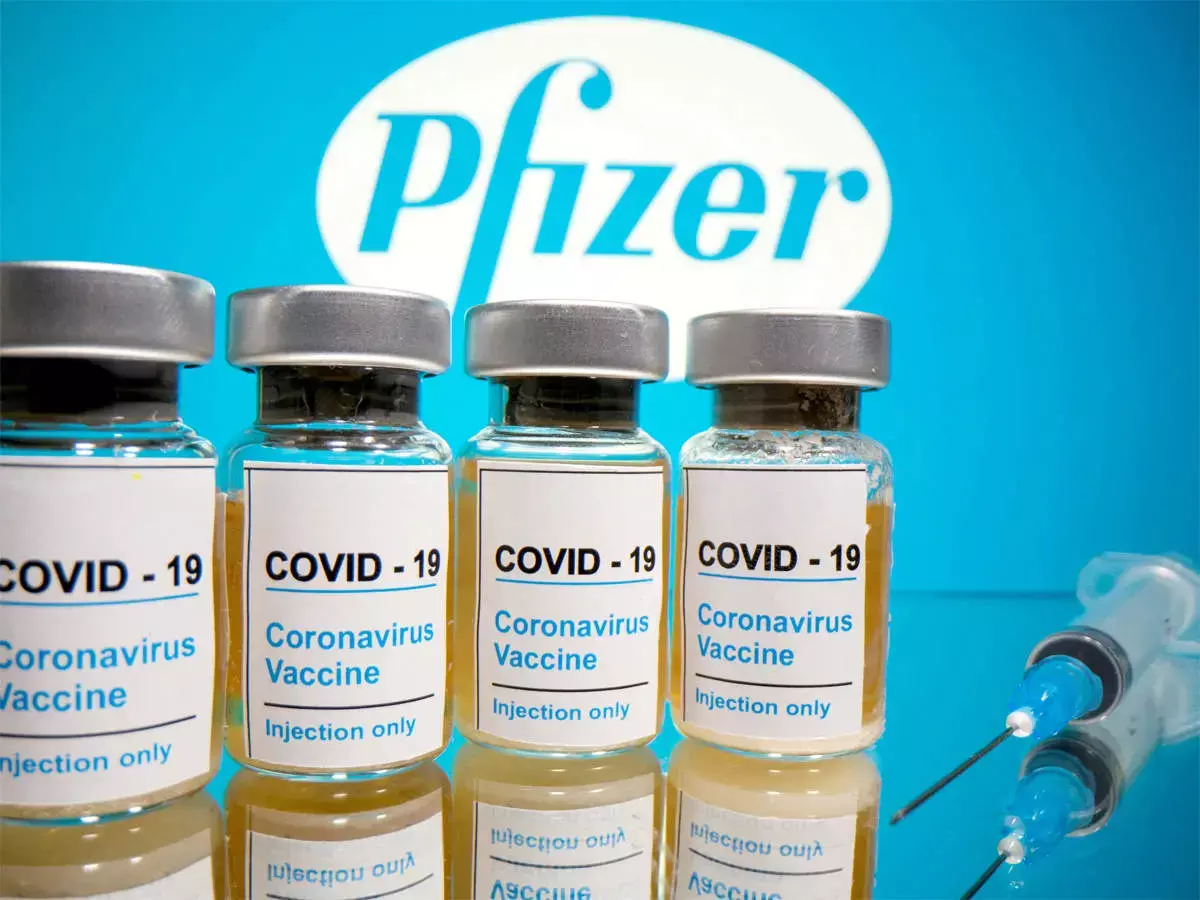- Home
- Medical news & Guidelines
- Anesthesiology
- Cardiology and CTVS
- Critical Care
- Dentistry
- Dermatology
- Diabetes and Endocrinology
- ENT
- Gastroenterology
- Medicine
- Nephrology
- Neurology
- Obstretics-Gynaecology
- Oncology
- Ophthalmology
- Orthopaedics
- Pediatrics-Neonatology
- Psychiatry
- Pulmonology
- Radiology
- Surgery
- Urology
- Laboratory Medicine
- Diet
- Nursing
- Paramedical
- Physiotherapy
- Health news
- Fact Check
- Bone Health Fact Check
- Brain Health Fact Check
- Cancer Related Fact Check
- Child Care Fact Check
- Dental and oral health fact check
- Diabetes and metabolic health fact check
- Diet and Nutrition Fact Check
- Eye and ENT Care Fact Check
- Fitness fact check
- Gut health fact check
- Heart health fact check
- Kidney health fact check
- Medical education fact check
- Men's health fact check
- Respiratory fact check
- Skin and hair care fact check
- Vaccine and Immunization fact check
- Women's health fact check
- AYUSH
- State News
- Andaman and Nicobar Islands
- Andhra Pradesh
- Arunachal Pradesh
- Assam
- Bihar
- Chandigarh
- Chattisgarh
- Dadra and Nagar Haveli
- Daman and Diu
- Delhi
- Goa
- Gujarat
- Haryana
- Himachal Pradesh
- Jammu & Kashmir
- Jharkhand
- Karnataka
- Kerala
- Ladakh
- Lakshadweep
- Madhya Pradesh
- Maharashtra
- Manipur
- Meghalaya
- Mizoram
- Nagaland
- Odisha
- Puducherry
- Punjab
- Rajasthan
- Sikkim
- Tamil Nadu
- Telangana
- Tripura
- Uttar Pradesh
- Uttrakhand
- West Bengal
- Medical Education
- Industry
Third dose of COVID-19 vaccine strongly shields against Delta variant, says Pfizer data

A third dose of the Pfizer/BioNTech COVID-19 vaccine can enhance protection against the Delta variant as compared to the standard two doses, suggests recent new data released by Pfizer.
Pfizer posted that the third dose should be given at least 6 months after the second dose. Also, between the age group of 18 to 55 years who receive a third dose of vaccine the antibody levels against the Delta variant are over five-fold greater than those following a second dose. Similarly, between the age group of 65 to 85 years who receive a third dose, antibody levels against the Delta variant are over 11-fold higher than following a second dose.
Additionally, the data shows antibody levels against the original coronavirus variant and against the Beta variant, first identified in South Africa, were reported to be five to 10 times higher after a third dose than after a second dose. The tolerability profile of the third dose is consistent with that of the first two doses.
Anthony Fauci, MD, Director of the National Institute for Allergy and Infectious Diseases and chief of the Laboratory of Immunoregulation told CNN viewers to "listen to the CDC and not Pfizer when it comes to needing a Pfizer vaccine booster."
Peter Hotez, MD, PhD, of the Baylor College of Medicine, Houston, told CNN viewers, "In the UK, Scotland, and Canada there are now three studies showing >80% protection, so pretty close to what we've seen. That's the reason why we don't need to be concerned right now about getting a booster."
Reported protection against the Delta variant has been reported at 72% after one dose of the Moderna vaccine and 64% after two doses of the Pfizer/BioNTech vaccine. More data is needed on the protection afforded against the Delta variant by the Johnson & Johnson vaccine.
Since the data has not been peer-reviewed yet, Pfizer set off alarms by releasing data on a third dose prior to informing the CDC and NIH and has apologized. Pfizer and BioNtech expect to publish more definitive data about the analysis and to share all accumulated data as part of ongoing discussions with the FDA, EMA, and other regulatory authorities in the coming weeks. Application for emergency use authorization in the US is planned for August.
Regulators will determine whether, and which populations, may need a third dose of the Pfizer/BioNTech vaccine. If recommended, immunocompromised, older adults will receive it initially.
Reference:
For more information refer to:
https://s21.q4cdn.com/317678438/files/doc_financials/2021/q2/Q2-2021-Earnings-Charts-FINAL.pdf
Dr. Shravani Dali has completed her BDS from Pravara institute of medical sciences, loni. Following which she extensively worked in the healthcare sector for 2+ years. She has been actively involved in writing blogs in field of health and wellness. Currently she is pursuing her Masters of public health-health administration from Tata institute of social sciences. She can be contacted at editorial@medicaldialogues.in.
Dr Kamal Kant Kohli-MBBS, DTCD- a chest specialist with more than 30 years of practice and a flair for writing clinical articles, Dr Kamal Kant Kohli joined Medical Dialogues as a Chief Editor of Medical News. Besides writing articles, as an editor, he proofreads and verifies all the medical content published on Medical Dialogues including those coming from journals, studies,medical conferences,guidelines etc. Email: drkohli@medicaldialogues.in. Contact no. 011-43720751


